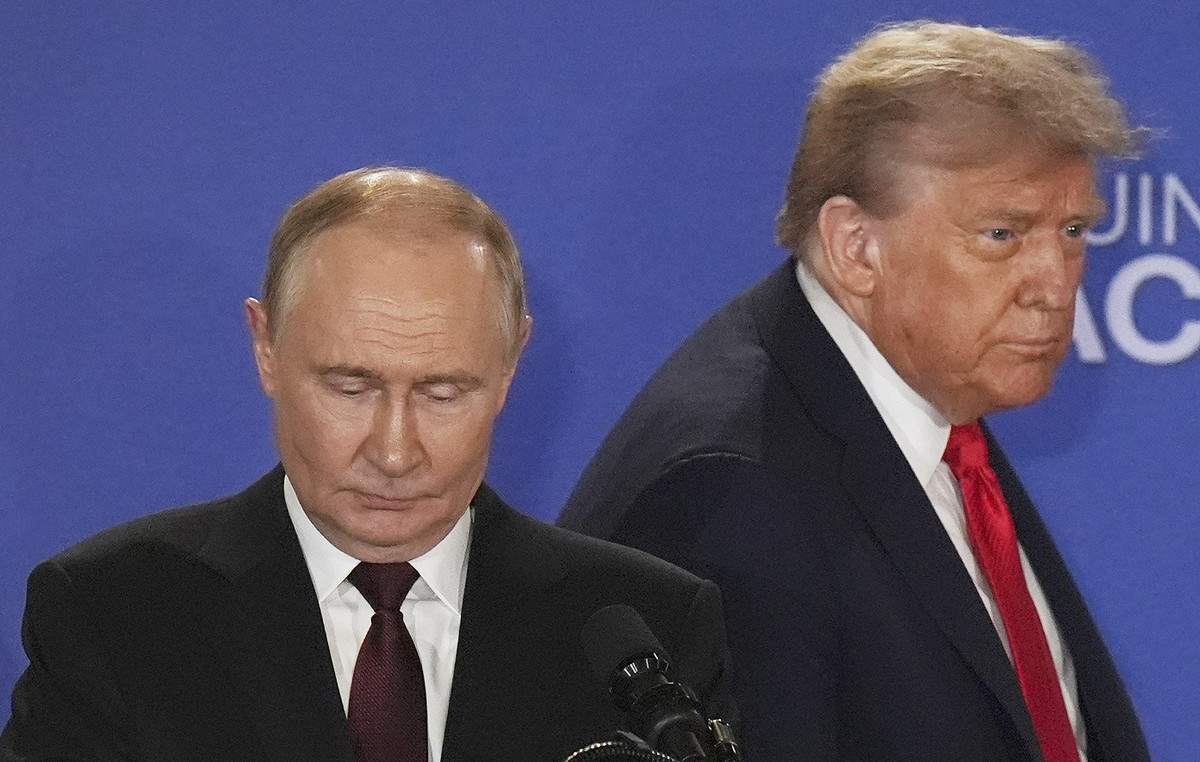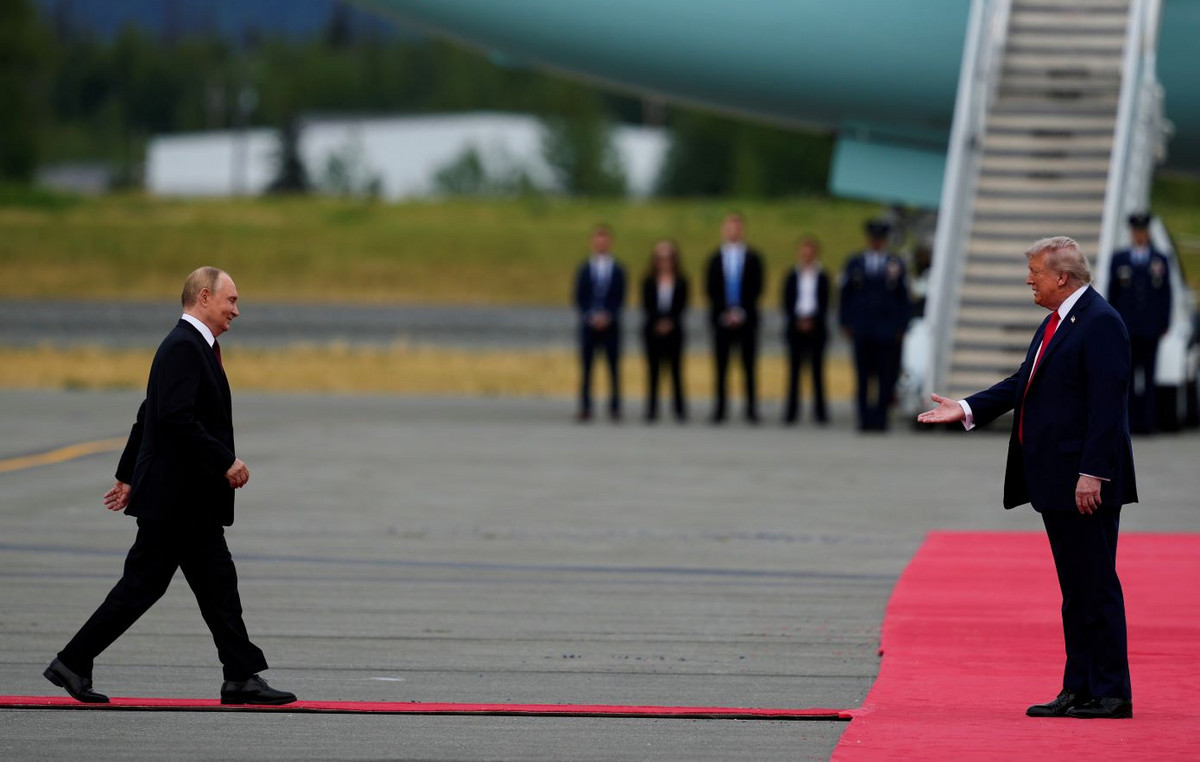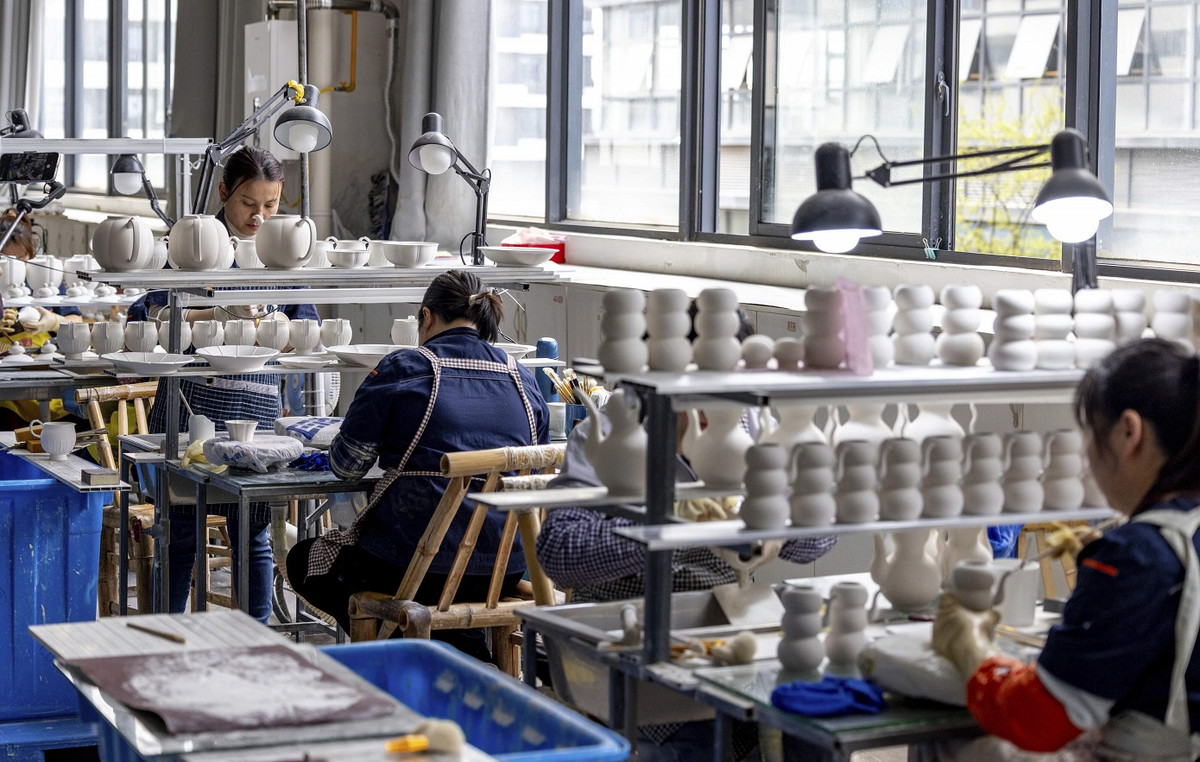The World Bank and the International Monetary Fund (IMF) sounded an important warning this week: the global economy is rapidly losing steam.
On Monday, the World Bank lowered its global growth forecast for 2022 from 4.1% to 3.2%, anticipating a sharp slowdown from its estimated 5.5% growth in 2021.
World Bank President David Malpass told reporters that “severe overlapping crises” are weighing on the recovery.
“There’s Covid-19, inflation and Russia’s invasion of Ukraine,” he said on Monday. Developing countries, many of which face high levels of indebtedness and falling currency values, in addition to rising food prices, are of particular concern, he added.
The IMF on Tuesday lowered its forecasts for the second time this year, and said it sees a 3.6% rise in GDP for 2022 and 2023. The number is 0.8 and 0.2 percentage points lower, respectively, compared to the January forecast.
“Global economic prospects have been severely hampered, largely because of Russia’s invasion of Ukraine,” wrote the Fund’s chief economist Pierre-Olivier Gourinchas.
Bottom line: Around the world, growth engines are failing as prices soar and the war in Ukraine wreaks havoc on strained supply chains.
Europe, which is heavily dependent on Russia for its energy needs, is especially exposed. There, much may depend on the next move by Russian President Vladimir Putin. If supplies of Russian natural gas to Germany are suddenly cut off, Europe’s biggest economy will lose a shocking $238 billion in economic output over the next two years, the country’s analysts said.
In the United States, inflation has reached a level not seen in four decades. That has forced the Federal Reserve to consider an aggressive withdrawal of its support for the pandemic-era economy, raising fears that it could raise interest rates so much that it would cause a recession.
And China saw retail sales drop 3.5% in March from a year ago, with strict lockdowns meant to contain the spread of Covid-19 weighing on activity in major centers like Shanghai.
While Europe is the most vulnerable, Goldman Sachs this week put the odds of a US recession at 15% in the next 12 months and 35% in the next 24 months. Japan’s Nomura said on Monday that the chances are increasing that China will enter a recession this spring.
That’s not all: smaller countries are also struggling. Many borrowed heavily over the past decade to deal with the effects of the 2008 financial crisis and the pandemic. Now, interest rates are starting to rise, as are prices for essentials like food and fuel.
“I am deeply concerned about developing countries,” Malpass said. “They are facing sudden increases in energy, fertilizer and food prices, and the likelihood of interest rate increases. Each of them hits them hard.”
See here: Sri Lanka is in talks with the IMF for emergency financial assistance as it faces an economic crisis. The island nation of 22 million people is dealing with power outages and severe shortages after depleting its stash of foreign reserves.
The growth downgrades are another blow to fragile investor sentiment. The CNN Business Fear & Greed Index is back in “fear” territory after producing a “neutral” read a week ago.
Source: CNN Brasil
I am Sophia william, author of World Stock Market. I have a degree in journalism from the University of Missouri and I have worked as a reporter for several news websites. I have a passion for writing and informing people about the latest news and events happening in the world. I strive to be accurate and unbiased in my reporting, and I hope to provide readers with valuable information that they can use to make informed decisions.







